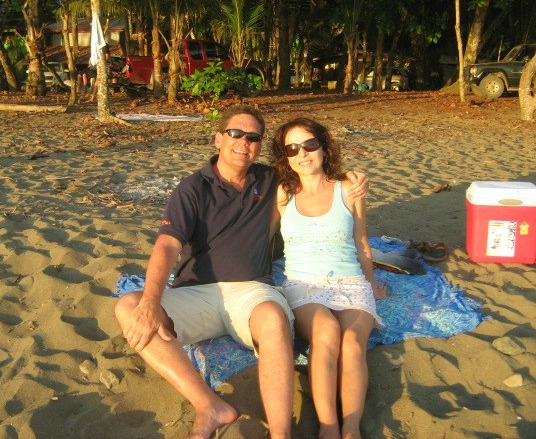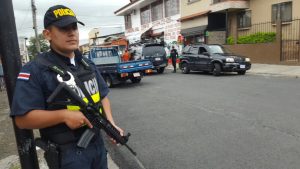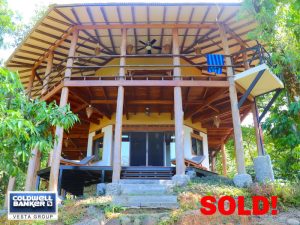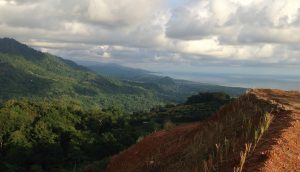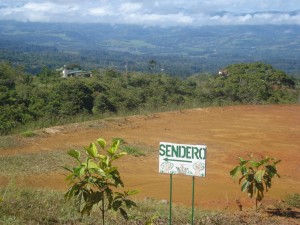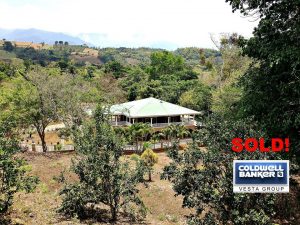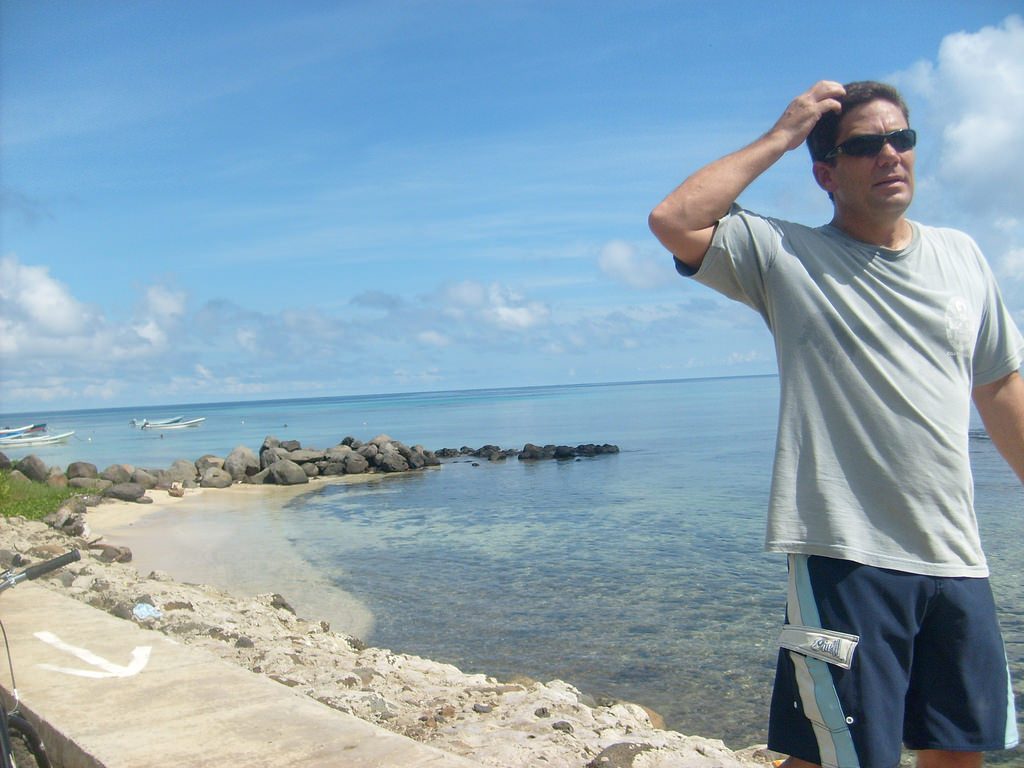
Well, I’ve heard it’s really a nice place…
That’s what Doris Bray told me late in the year 2000. I’d been on the hunt for deals since the dot.com bubble burst and I’d stopped by to pay her a visit. Doris R. Bray is a founding partner of the Greensboro, N.C. corporate law firm, SchellBray. I was also a lawyer, but had decided to exit the profession in pursuit of a career as a mergers and acquisitions advisor. I’d done pretty well for a while selling small companies in the internet space, but that all dried up at the turn of the century. I was hoping to find some deal flow through Mrs. Bray and she indeed told me that she knew a guy who owned a private for-profit university in Costa Rica. My knee-jerk response was to ask her,”where the hell is that?” Only moments later I followed that up with, “isn’t it dangerous down there?”
To make a very long story short, I ended up representing the owner of that private for-profit university, currently known at Ulatina (then Universidad Interamericana), which on my birthday, December 5, 2003, was sold in a deal orchestrated by yours truly to Laureate Education, Inc. (formerly known as Sylvan Learning, Inc.).
During the course of that deal my life changed dramatically. Due to some personal failures on my part, I found myself separated from my first wife. I’d also fallen deeply in love with this formerly mysterious country called Costa Rica.
Incidentally, this post is an abbreviated version of the full story of my life in Costa Rica, which will soon be memorialized in my self-published memoir, likely to be entitled, A Coming of Age in Costa Rica.
I started living full-time in Costa Rica around 2006. The money from my big deal was dwindling due to the divorce, the payment of debt I’d racked up in the 2-year course of being focused on completing that deal (and not much else), and my launching a tourism business in Costa Rica. I decided traveling back and forth was just not economically feasible, so I moved lock, stock and barrel to San Jose, Costa Rica.
And there I lived until early 2012 when I moved to the southern zone, to the town of San Isidro de El General. Since 2004 I’d remained wholly focused on the tourism business I founded on the heals of my deal. I married a Colombian-borne, but Costa Rica nationalized, woman of about 8 years my younger in 2009. We had our ups and downs in the first few years and I made the move out of San Jose to the southern zone during one of the down times.
It proved to be a good move. Initially I thought it would be wise to live in the city, with its country-central location and well-developed communications infrastructure. Most of my tourism clients would arrive into the San Jose international airport and it was nice to be able to provide the personal touch of meeting them there. However, the traffic, hustle, and bustle of the city gradually began to get under my skin. I decided to haul ass to a place that had both of the two things I loved most about Costa Rica, its gorgeous mountains and beaches.
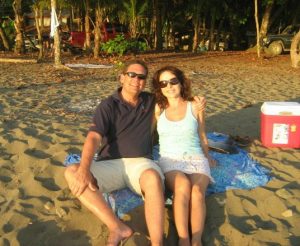
My wife, Lily, and I were able to patch things up and she ultimately moved south as well. However, she wasn’t as happy as I was living in the “remote” southern zone. Also, as Costa Rica grew in stature as a world-wide tourism destination, so did the competition as “big-box” tourism related companies began to hone in on the opportunity. As a result my webpage all but disappeared from the Google search rankings and my sales and income took a corresponding dive.
We made the momentous decision for me to attempt to repatriate back to the U.S. in early 2015. The decision proved to be disastrous for a myriad of reasons. Later that same year I returned to Costa Rica, more than a little worse for wear, with nothing more than the shirt on my back, a surfboard, and, luckily, a car that was waiting on me upon arrival. We’d sold pretty much everything before taking off for the States, except, thankfully, that old car.
I dabbled in this and that trying to find my bearings and generate some income. Nothing seemed to pan out until one day the idea dawned upon me to call two old acquaintances, Daveed Hollander and Jimmy Drews of the Coldwell Banker real estate office in Dominical. I’m not sure if they saw in me a potentially stable agent with deep knowledge of Costa Rica and a rare permanent residency, or if they just took pity on me, but whatever it was, they invited me on.
For the next year and a half I paid my dues, struggling to complete my first sale as a real estate agent. Things began turning around for me in mid-2017 and they’ve gotten increasingly better ever since. I am now settled-in for the long-haul as a Coldwell Banker agent operating out of the Dominical office. I may be opening my own Coldwell office in La Palma, on the beach road between San Isidro de El General and Dominical very soon.
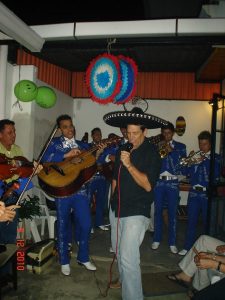
I’m very happy these days living in the mountains above San Isidro de El General and working as a real estate agent serving the southern zone’s mountains and beaches. My wife and I also enjoy taking month-long trips to her home country, Colombia, each year.
I’m writing, quite candidly, about my life in Costa Rica because I want you to know me a little better. Of course, if you want more detail (and believe me there’s a whole lot more of that), you’ll just have to stay tuned for the book. It’s currently gathering digital dust waiting to be sent to an editor. Hopefully, by the end of the year it will be live on Amazon.
I guess in a sense, Costa Rica sort of found me rather than the other way around.
Nevertheless, I couldn’t be happier!
P.S. Just in case you were wondering, I’m following my own advice in that inconspicuous post and therefore that book is still gathering digital dust as of September 2022…
